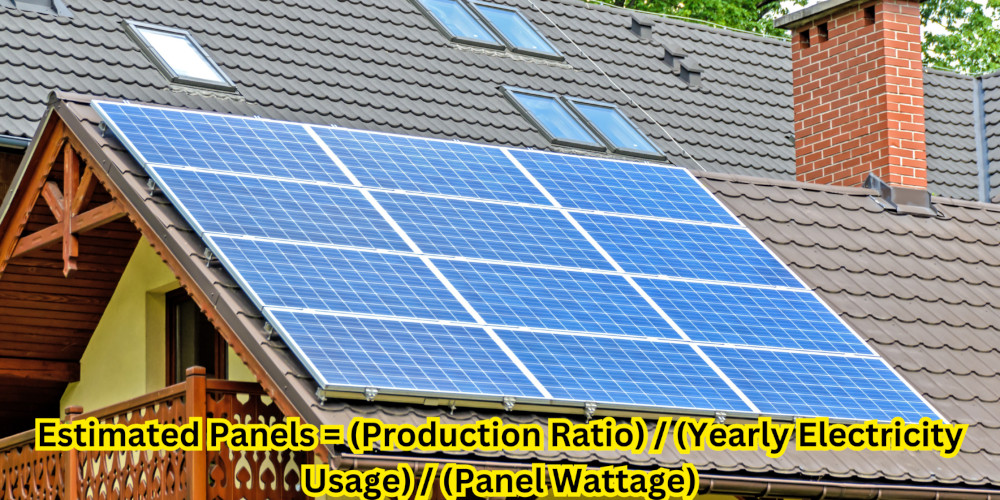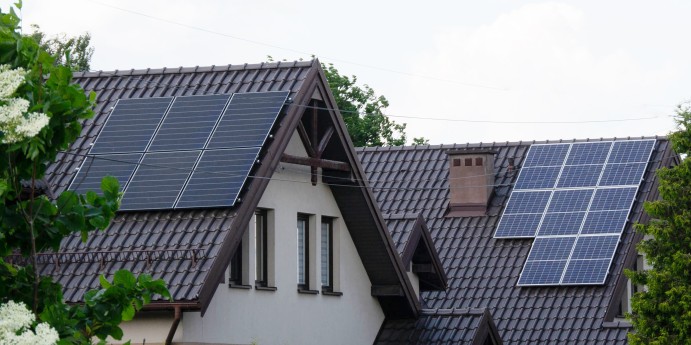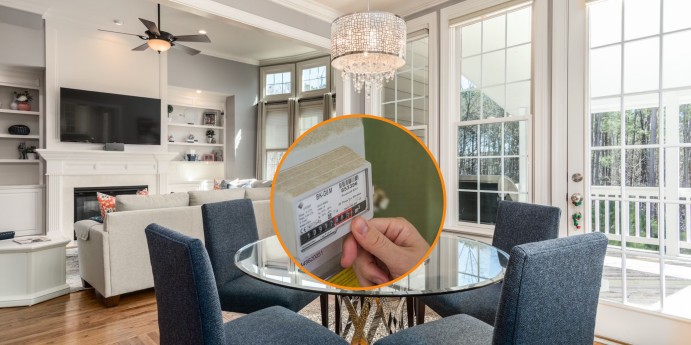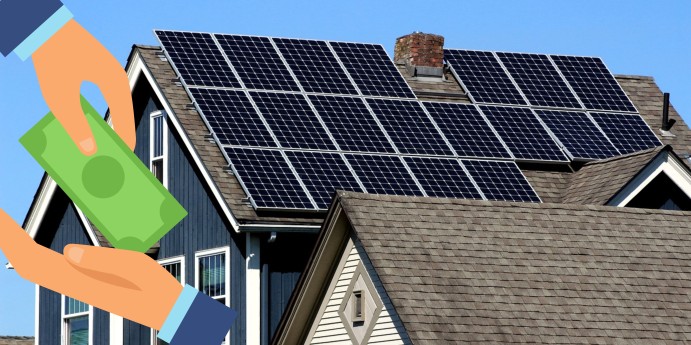Introduction
Solar energy has emerged as a sustainable and cost-effective solution for powering homes across the United States. As more homeowners embrace renewable energy, one common question arises: How many solar panels are needed for residential use?
Average Home Requirements
The average American home typically requires between 17 and 25 solar panels to fully offset utility bills with solar power. However, the exact number of panels depends on several factors, including electricity consumption, geographic location, and individual panel specifications.
Factors Influencing Panel Count
Electricity Consumption
Your home’s energy usage is a primary determinant of the number of solar panels needed. The higher your electricity consumption, the more panels you’ll require to meet your energy needs efficiently.
Geographic Location
Geographic location plays a crucial role in solar panel efficiency. States with higher solar irradiance, such as California, may require fewer panels compared to states with lower solar exposure, such as Massachusetts.
Solar Panel Specifications
The wattage and efficiency of the solar panels you choose significantly impact the overall system size. Higher wattage panels and greater efficiency can reduce the number of panels needed to generate the same amount of electricity.
Calculating The Number of Solar Panel Requires:
Determining the Number of Solar Panels You Require:
Step 1: Check Your Electricity Bill-
Understand Your Energy Consumption Patterns. Start, by assessing your electricity usage. Review your utility bills to locate this data.
Step 2: Understand Your Area’s Sunlight: –
Assess Solar Potential in Your Region. Research the solar generation potential in your area. This information will indicate the amount of sunlight you can harness throughout the year.
Step 3: Know Your Solar Panel–
Divide your regions solar production ratio by your electricity consumption.
Step 4: Consider Panel Efficiency-
Divide the outcome from step 3 by the power output (wattage) of the panels you are contemplating. This calculation will provide an idea of how panels you may require.
Bonus Step: Utilize a Solar Calculator-
For an accurate estimation, think about utilizing a dependable online solar calculator. These tools factor, in your location and monthly energy bill to offer a customized suggestion.
At a glance-
Estimated Panels = (Production Ratio) / (Yearly Electricity Usage) / (Panel Wattage)
Where:
- Production Ratio: Average sunlight hours in your area per year
- Yearly Electricity Usage: Your household’s annual electricity consumption in kilowatt-hours (kWh)
- Panel Wattage: Power output of a single solar panel you’re considering (in watts)
Specific Data for NY, NJ, and CT
In states like New York, New Jersey, and Connecticut, the estimated number of solar panels needed for a typical home ranges between 17 and 21 panels to cover 100% of electricity usage. To determine the precise count, consider factors such as annual electricity consumption, panel wattage, and estimated production ratio.
Understanding Solar Power
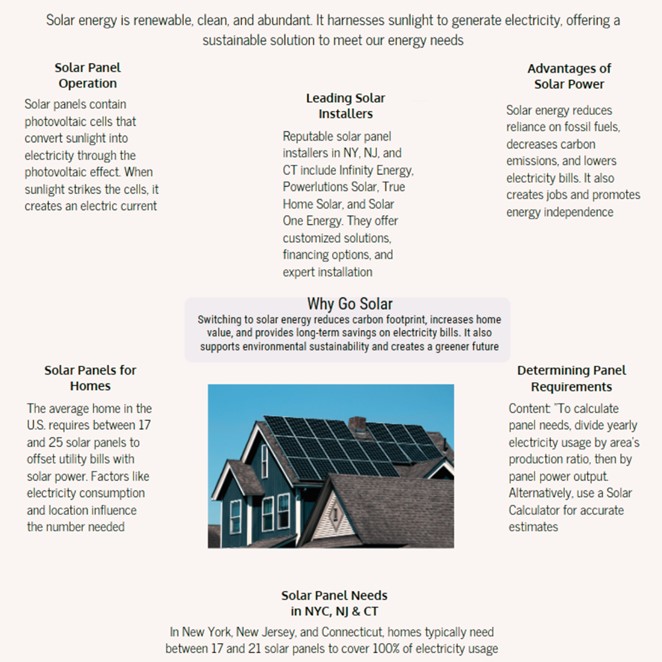
Conclusion
In conclusion, determining the number of solar panels needed for residential use involves considering various factors such as electricity consumption, geographic location, and panel specifications. By exploring the resources and options available, homeowners can make informed decisions to transition to clean and sustainable energy solutions.
FAQs
Q: How do I know if my home is suitable for solar panels?
Ans: Homes with adequate roof space and minimal shading are ideal for solar panel installation. Consult a reputable solar provider for a site assessment.
Q: What are the financial incentives for installing solar panels?
Ans: Depending on your location, you may qualify for federal tax credits, state rebates, and net metering programs, which can significantly offset the cost of solar installation.
Q: Are there any maintenance requirements for solar panels?
Ans: Solar panels require minimal maintenance, typically limited to occasional cleaning to ensure optimal performance. Most reputable installers offer warranties covering maintenance and repairs.
Q: How long does it take to recoup the investment in solar panels?
Ans: The payback period for solar panels varies depending on factors such as installation cost, energy savings, and available incentives. On average, homeowners can expect to recoup their investment within 5 to 10 years.
Q: Can I still use electricity from the grid with solar panels?
Ans: Yes, solar panels are designed to complement grid electricity. During periods of low sunlight or high energy demand, your home can draw electricity from the grid as needed.
 833-478-6669
833-478-6669
